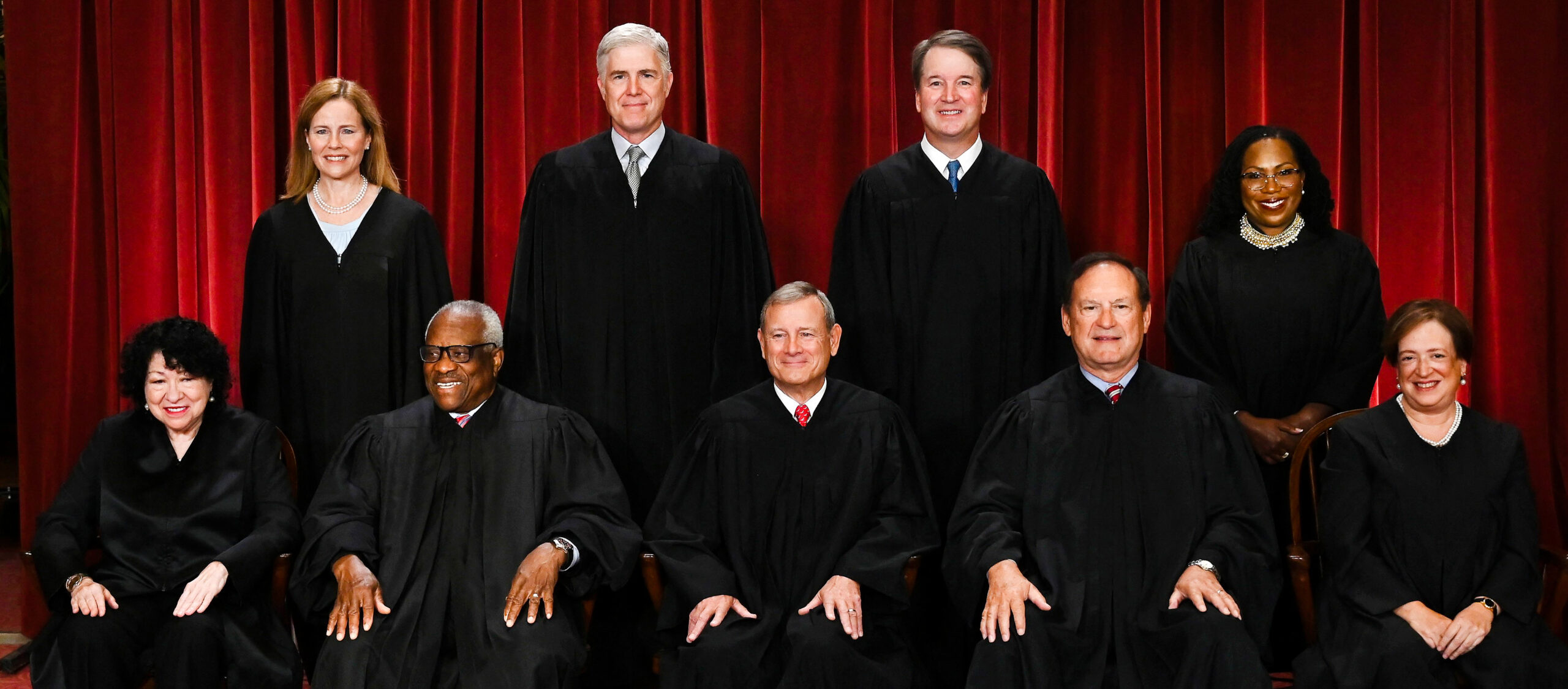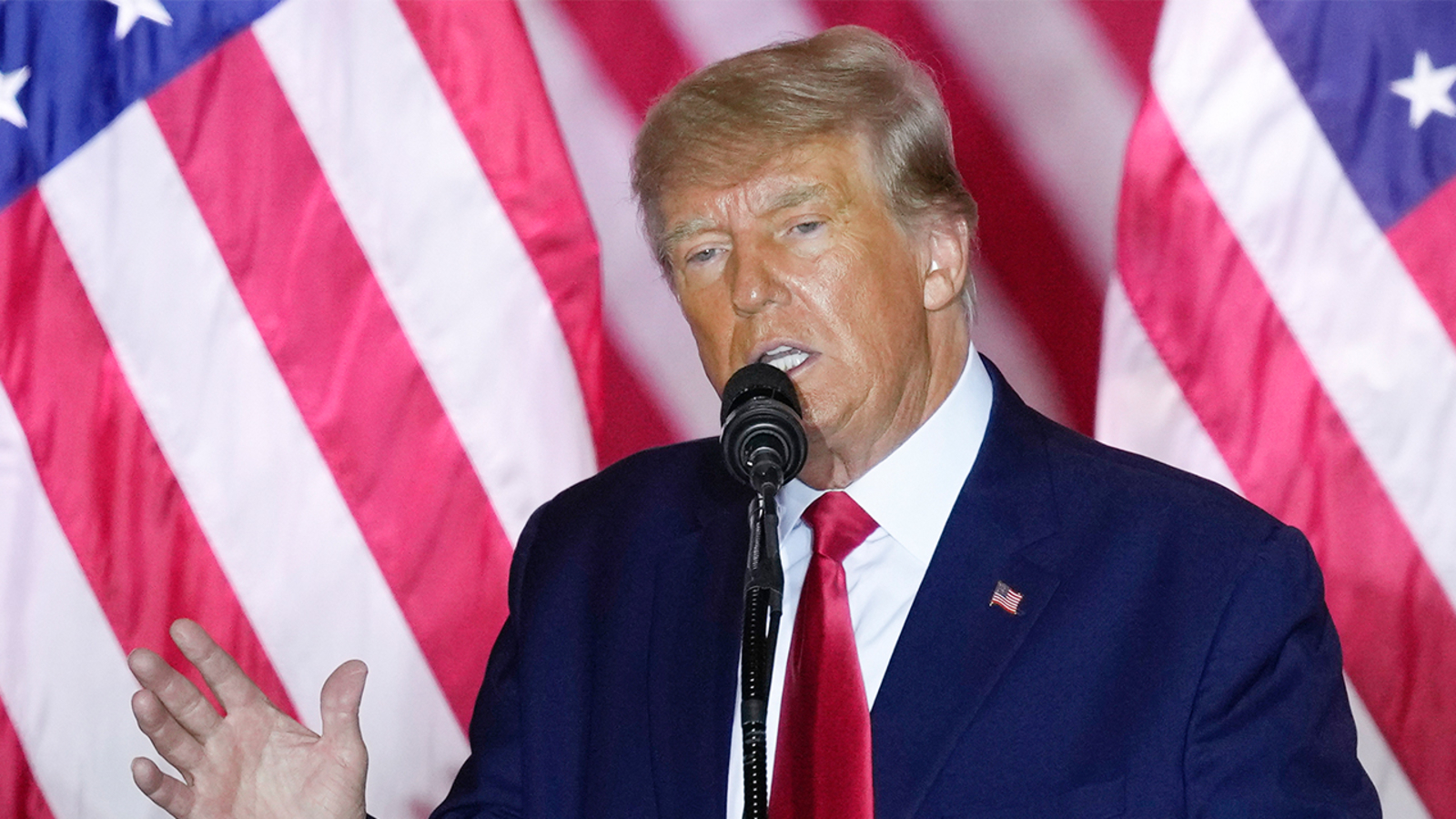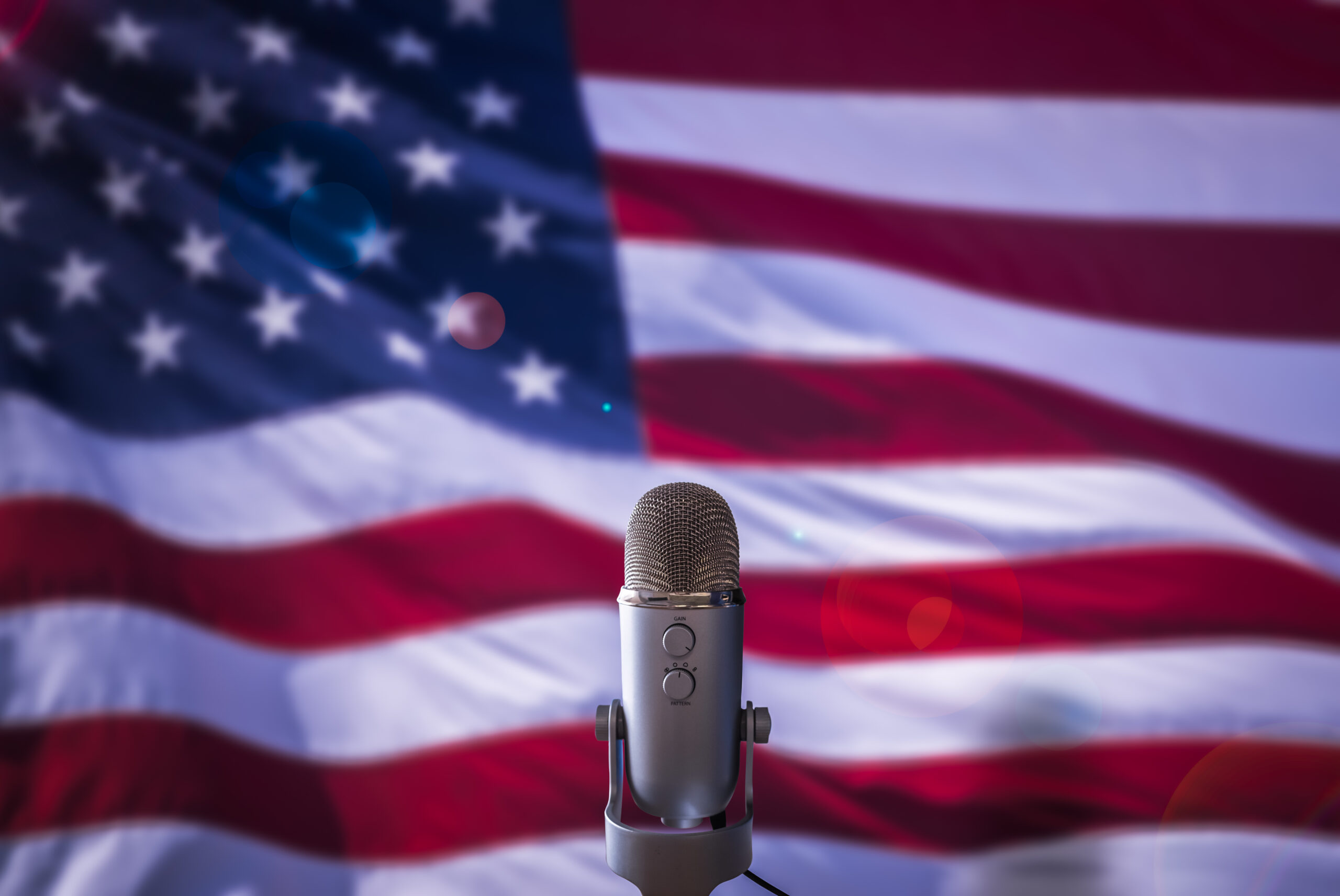
Understanding the Importance of the First Amendment in Modern Times
The First Amendment to the United States Constitution is a cornerstone of American democracy. Ratified in 1791 as part of

The First Amendment to the United States Constitution is a cornerstone of American democracy. Ratified in 1791 as part of

The Supreme Court’s decision on the so-called Censorship Industrial Complex is eagerly anticipated, yet the outcome remains uncertain. Major media outlets like The New York Times and PBS position this as a speculative theory, championed predominantly by certain journalists and Republicans. However, as this case takes center stage at the nation’s highest court, gaining global interest, many believe the mainstream narrative may increasingly be questioned. The essence of the debate underscores the balance between free speech and the role of media in shaping public opinion.

The Freedom of the Press Clause, enshrined in the First Amendment to the U.S. Constitution, underscores the vital role the press plays in a democratic society. It serves as a guardian of public interest, ensuring citizens are informed and governments are held accountable. Historically, the press has been both a watchdog and a bridge between the people and their leaders. By unpacking the essence of this clause, one appreciates the breadth of protections it offers journalists and the responsibilities it places on them. In essence, a free press is not just a right but a cornerstone of democracy, facilitating discourse, debate, and the dissemination of truth.

This article examines growing concerns among conservatives that the far-left liberal Democrats and the Biden Department of Justice are undermining the fundamental freedom of speech in America. It looks at instances where conservative views seem to be targeted for censorship or suppression, particularly on social media platforms like Facebook. As democracy thrives on open debate and discussion, the article calls for a bipartisan approach to address these issues and safeguard our constitutional rights.

Recent claims by Trump and his associates, positioning their efforts to overturn the 2020 election results as a matter of free speech, have drawn significant concern from experts and scholars. These assertions, in light of multiple indictments against Trump, are viewed by many as not only stretching the boundaries of the First Amendment but also potentially undermining core democratic principles. As Trump faces charges ranging from racketeering to forgery, the blending of legal defenses with public sentiment strategies threatens to erode trust in the judicial process and redefine the contours of freedom of speech in the political realm.

In a crucial ruling advocating freedom of speech and First Amendment rights, a federal judge has put a provisional stop to Biden administration officials and government agencies’ alleged attempts to indirectly impose censorship on social media platforms. Judge Terry A. Doughty, in his July 4 judgment, barred these bodies from persuading, encouraging, or inducing social media companies to delete, suppress, or downplay any content that represents protected free speech. Although the ruling isn’t final, it provides a significant victory for the Republican attorneys general who brought the case against the administration. This landmark decision is a strong affirmation of the importance of free speech in the face of modern challenges.

In the face of growing concerns over the perceived erosion of free speech due to factors like cancel culture, social media regulations, and ‘woke’ ideologies, it becomes crucial to support organizations like FirstFreedomsFoundation.us committed to safeguarding this vital principle. The challenges to free speech are not a singular ‘attack from the left,’ but a complex interplay of societal evolution, intentions, and ideologies. As we strive to strike a balance between protection and freedom, we must ensure that our society remains a marketplace of ideas, fostering intellectual diversity and open dialogue, the very foundations of a vibrant democracy.

As America grapples with a deeply polarized political climate, an increasing number of conservative Republicans are voicing concerns about expressing

Diving deep into the intersection of the American justice system and First Amendment rights, this article scrutinizes the perceived instrumental use of the justice system under the Biden Administration. It contemplates the potential threat to free speech and political dissent, emphasizing the critical role of the current administration and Attorney General Merrick Garland in safeguarding the impartiality of justice and the sanctity of American liberties.

The First Amendment, a cornerstone of American democracy, is under threat in the digital age as social media platforms—private entities with their own guidelines—are accused of bias and censorship, especially of conservative views. Despite these platforms not being constitutionally bound by the First Amendment, critics argue their substantial influence over public discourse necessitates a reevaluation of free speech boundaries. As the custodians of legislative reform, elected officials can address this issue by pushing for transparency, accountability, and fairness in content moderation. The First Freedoms Foundation PAC aids this effort by supporting candidates committed to protecting First Amendment rights. Donations to this PAC not only facilitate the election of such lawmakers, but they also serve as an investment in the preservation of our fundamental freedoms. In the ever-changing digital landscape, it’s crucial that we protect our constitutional rights by electing the right representatives and supporting organizations like The First Freedoms Foundation PAC.